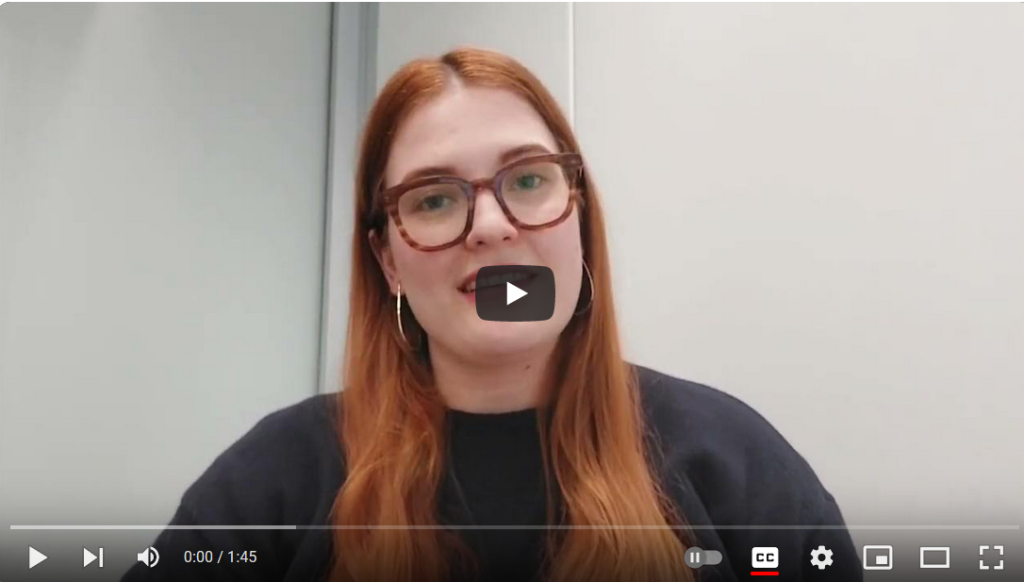Europol and biometric surveillance “won” the Czech Big Brother Awards
For the 19th year, the Big Brother Awards took place in the Czech Republic. There were four negative awards given as well as one positive award.
The winners were selected by a jury of journalists, IT experts and lawyers. One of the most impressive cases the jury looked at was the Czech police’s facial recognition tool. The database of the tool contains 20 million passport and ID card photos, against which the police can identify people. With this, the police won the Official Snooper award. There’s more, the jury pointed to the police’s efforts to cover up the launch of the system and ignore their obligations to process the relevant Data Protection Impact Assessments. The jury also recognised that the police proceeded in a similar non-transparent manner when managing the DNA database or the traffic cameras.
Snooper company award
Biometrics was the subject of the “Snooper Company” award. This was awarded to Innovatric, which provides the “Fingera biometric system” to companies as well as canteens. It is used by more than a thousand companies in the Czech Republic and Slovakia. However, according to the jury, Fingera does not sufficiently emphasise the system’s potential conflict with the General Data Protection Regulation. Specifically, the jury is concerned that company employees may not be aware that they can refuse biometric surveillance in the workplace and request an alternative.
The “Long-Term Snooper” award went to a recycling project called Mojeodpadky.cz (MyTrash). It uses an incentive system called MESOH, which forces people to provide data on how they recycle their rubbish. Advertising is then targeted based on the data. Those who do not want to submit data are “punished” by the system. The system was brought to the attention of the competition organisers independently and nominated for the award by several people from all over the Czech Republic. This is an example of the rising trend of collecting and misusing data under the pretext of ecology.
Big Brother Statement
The Big Brother statement award went to Europol, whose representatives at a meeting on the controversial “Chat Control” proposal said that ideally all data from online communications should be collected because “all information can be useful sometimes”. In doing so, representatives from Europol have realised a concern long held by critics of the proposal: that the blanket screening of content for child sexual material will be used for other purposes. The award was presented by EDRi’s Head of Policy Ella Jakubowska in the form of a video.
 (Please note that by clicking on this video, it will open an external link to the video on YouTube. YouTube engages in extensive data collection and processing practices that are governed by their own terms of service.)
(Please note that by clicking on this video, it will open an external link to the video on YouTube. YouTube engages in extensive data collection and processing practices that are governed by their own terms of service.)
Europol also won the Public Award voted by around a hundred participants.
The positive award goes to Michal Berg
The positive prize went to Michal Berg. He impressed the jury with his campaign against drinking fountains at Czech train stations being accessible only by those with smartphones. The unnecessary digital solution is accompanied by unnecessary data collection. Berg organised a petition and brought media attention to the topic of “digital nonsense”.
The award is thus a reminder of the still insufficiently reflected issue of digital exclusion. Sociologists often say that there will always be a group of people who do not want or cannot use some digital technologies. So, not only the private sector but especially politicians and all those involved in the creation of public spaces should take this into account.
Next year’s Big Brother Awards will be held in the Czech Republic for the 20th time. As part of the anniversary, the organisation is planning a larger event that will reflect on the transformation of privacy over the last twenty years.
Contribution by: Hynek Trojánek, EDRi member, IuRe
